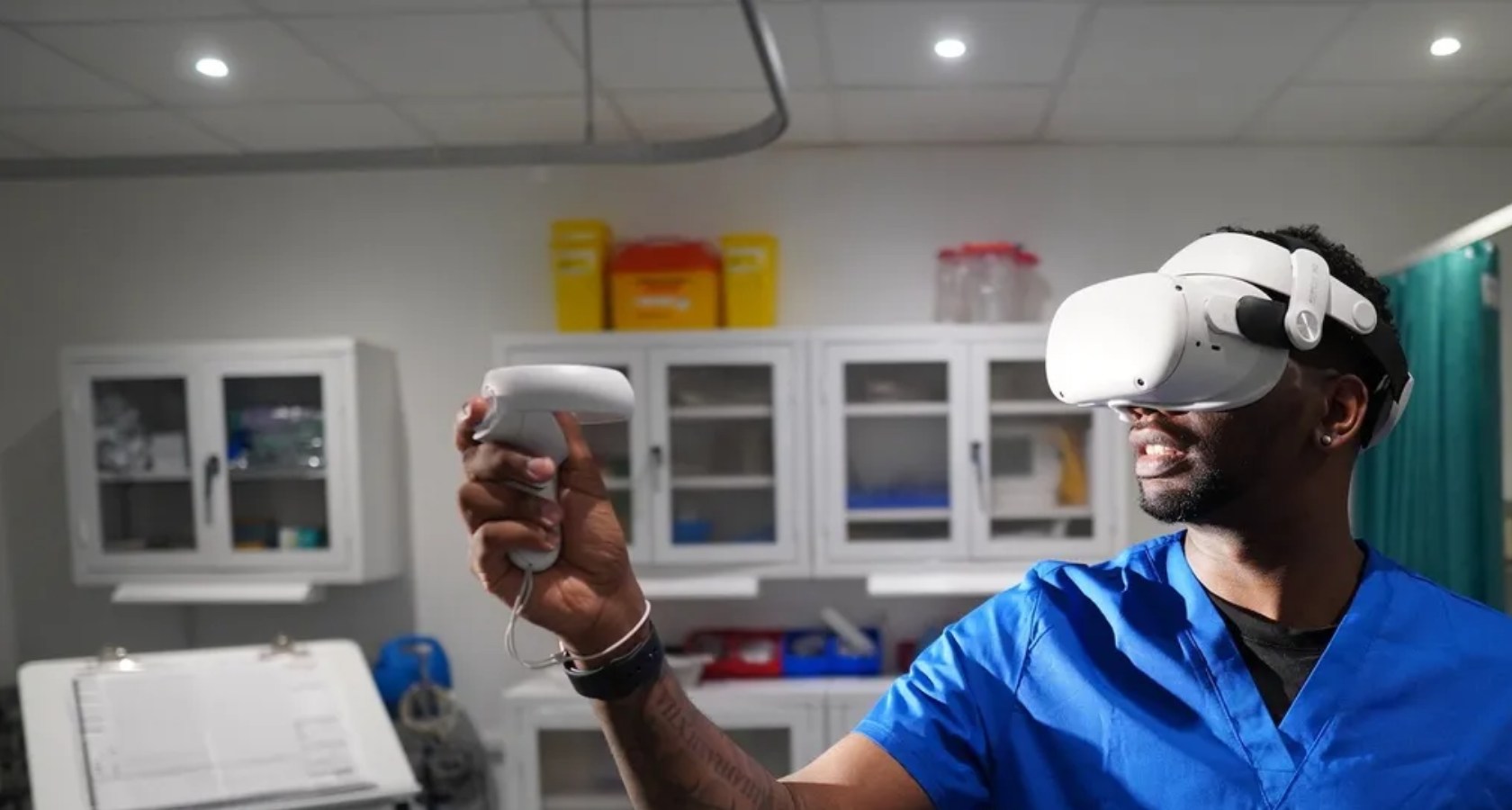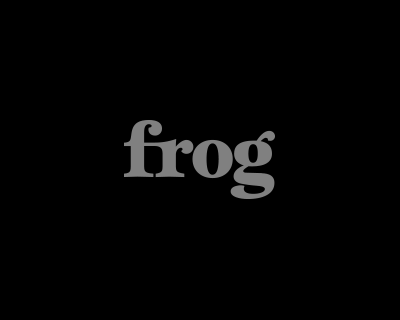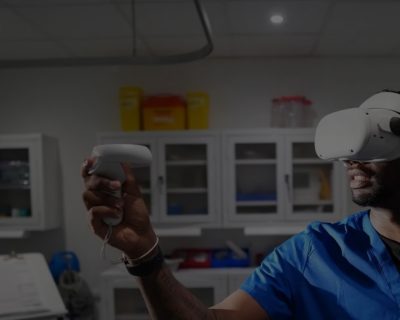Software and AI are making a positive difference in the transformation of healthcare to meet growing demand
We all depend on healthcare. According to the latest data from the OECD, the sector makes up over 10% of the European economy. Demand for healthcare services is increasing, with ageing populations across the West among several influences. There is growing pressure on delivering high quality healthcare services and neither the human nor the financial resources can keep up.
These macro trends have paved the way for a wide range of innovative health-tech solutions, from ever more sophisticated diagnostic machinery to AI driven solutions or consumer wearables monitoring personal health markers. Increasingly, we are seeing data analytics and software-based solutions, significantly improving efficiency and reducing the cost of delivery.
Opportunities and risks
Scaling a company in this sector to sustainable profitability, however, is not straightforward. One of the principal challenges new health–tech solutions face is integrating with established infrastructure and legacy systems already in place. On top of this it is a highly fragmented market where the regulatory, compliance and compensation structures change from country to country:
- Regulated vs unregulated
- Centralised vs decentralised
- Insurance vs government funded
In addition, there are typically more than one counterparty in procurement, and multiple stakeholders, including:
- Hospitals
- Medical practitioners
- Compensation schemes
- Patients
At the very least, customers will have a commercial and a medical lead. Therefore, getting the Go-To-Market approach right is more complex in the health-tech sector compared to other industries.
Hard won loyalty
The flip side of this coin is that a customer, once won, tends to stick with their selected solution. Long-lasting relationships play an integral role in developing a sustainably profitable company, a profile that fits well with Frog Capital’s investment strategy.
Sustainable solutions and growth
We made our first investment in this sector in 2021 with our investment in rehabilitation aftercare leader, Caspar Health. Once a patient is released from hospital e.g. for a hip replacement, they can access remote rehabilitation treatment via the Caspar platform to aid their recovery without needing to return to the hospital for each appointment. Since our investment, Caspar Health has been growing strongly, surpassing the €10m run-rate threshold at the end of 2023. This impressive performance enables the company to actively consider strategic options to accelerate further growth.
Virtual reality, real life benefits
At the end 2023, we made our second health-tech investment, in Oxford Medical Simulation (OMS). Founded in 2017, OMS works with the world’s best healthcare institutions to train and assess the nurses and other medical personnel at every stage – from their first lesson in nursing school through clinical training and continuing professional development. Currently delivering over 35,000 simulations per month, OMS has proven to be as effective as the leading physical training methods, saving 74% on costs compared to traditional training. Their VR solution delivers cheaper and faster education of nurses, as well as more realistic patient feedback with earlier introduction to the environments of surgical theatres or patient rooms the nurses will be working in. 89% of learners say OMS improved their daily practice after 3 months.
What’s next?
Beyond the two investments we have already made, we expect to see many more attractive opportunities in the sector. We are actively monitoring hundreds of companies in subsectors such as:
- Triaging
- Decision support
- Digital therapeutics
This is to name just a few of the most promising subsectors.
With its characteristics of innovative and sustainable businesses improving the provision of healthcare services, overall, health-tech aligns perfectly with Frog’s investment thesis of Positive Growth Capital.












